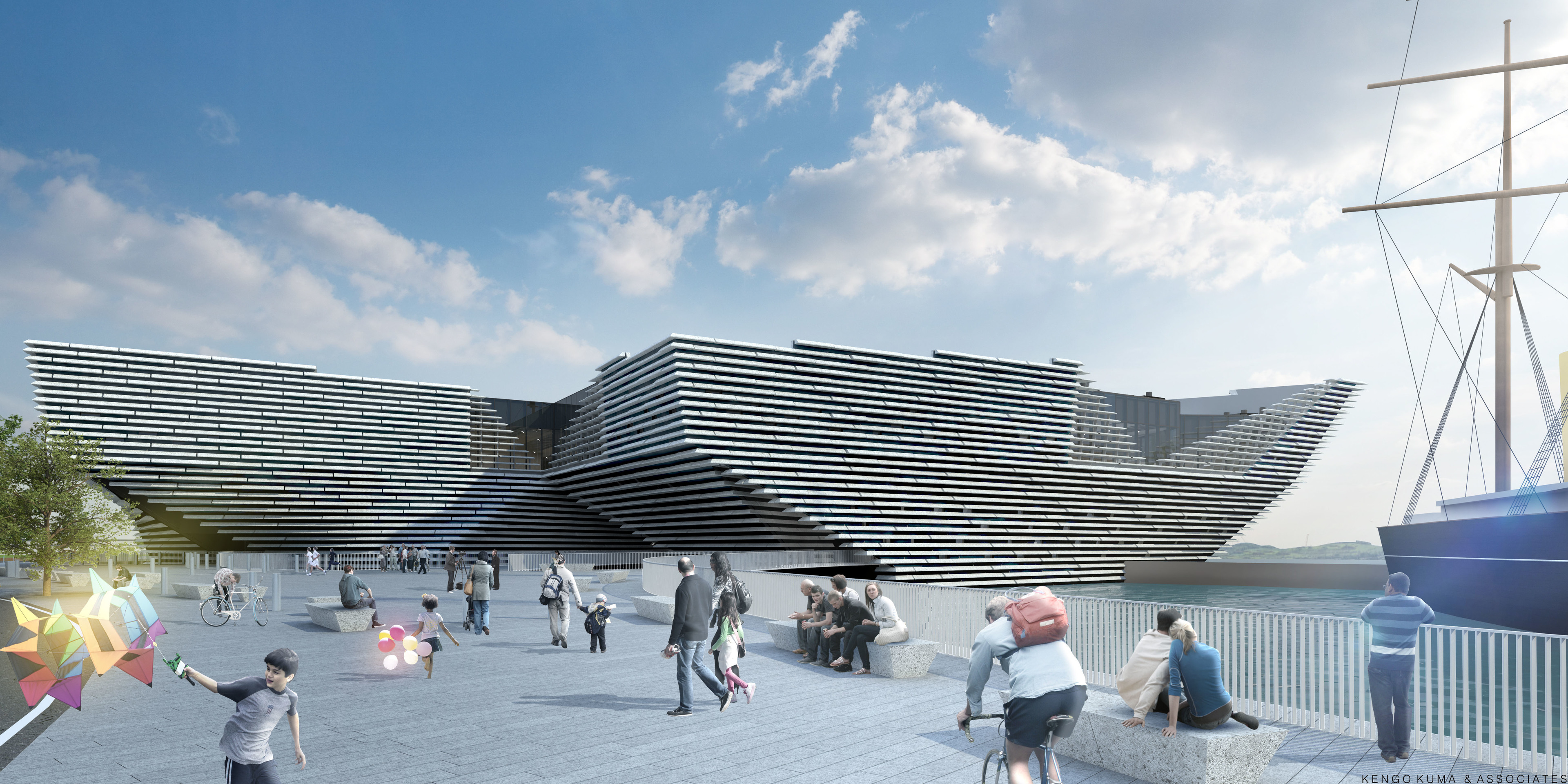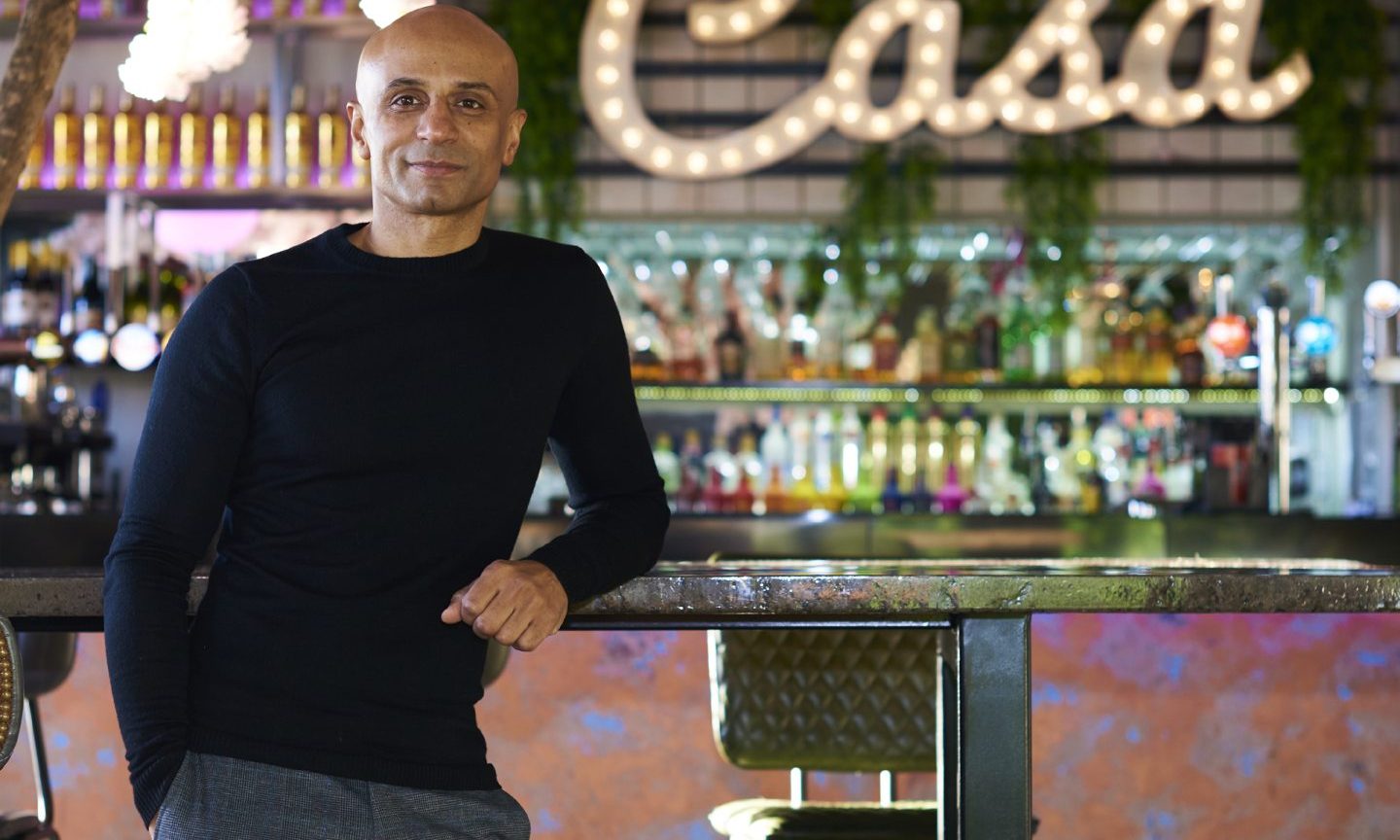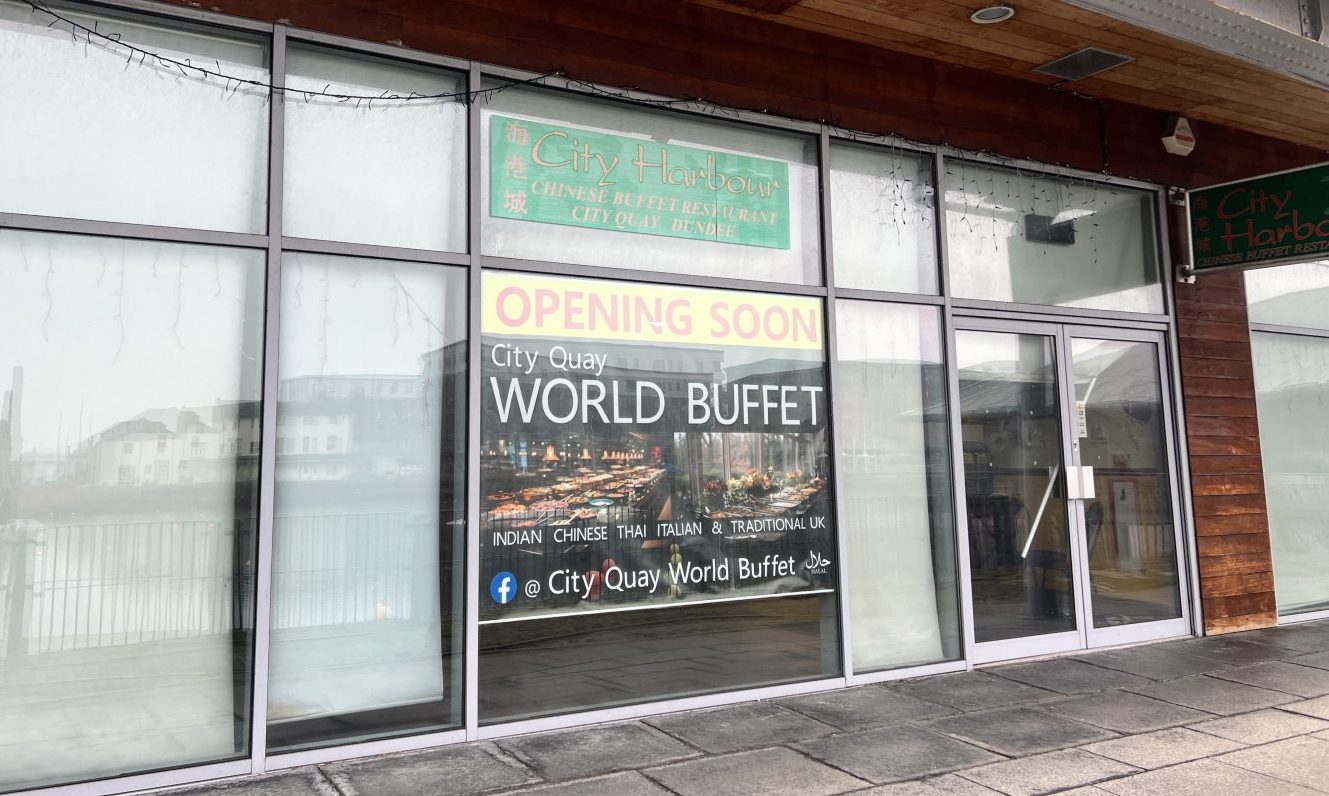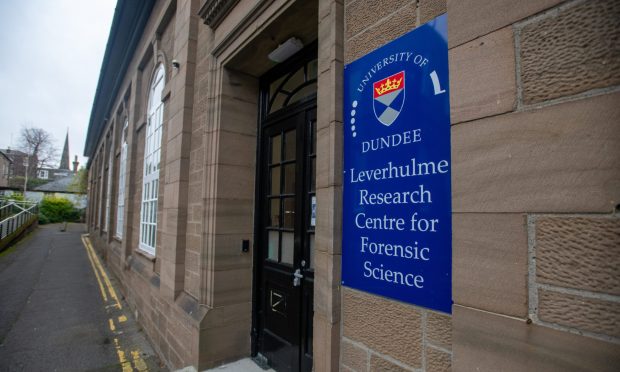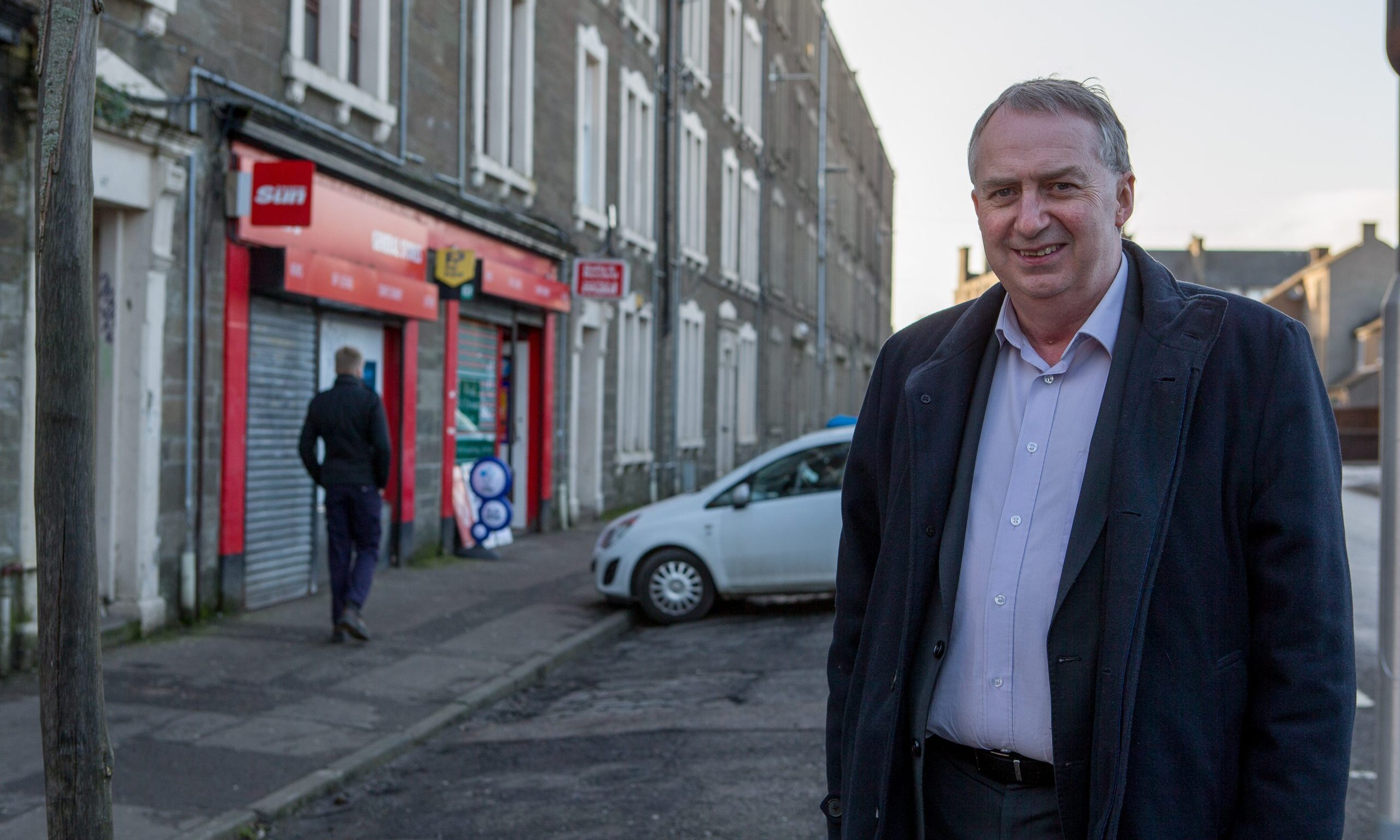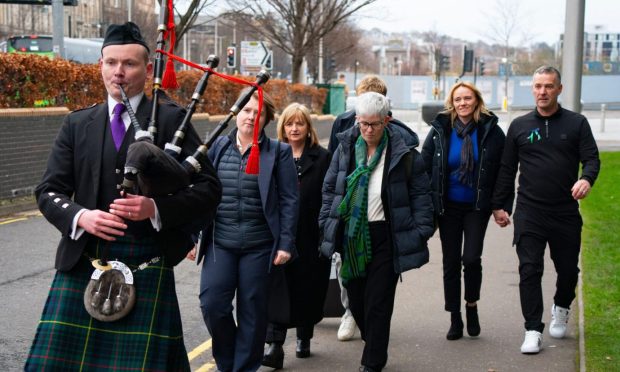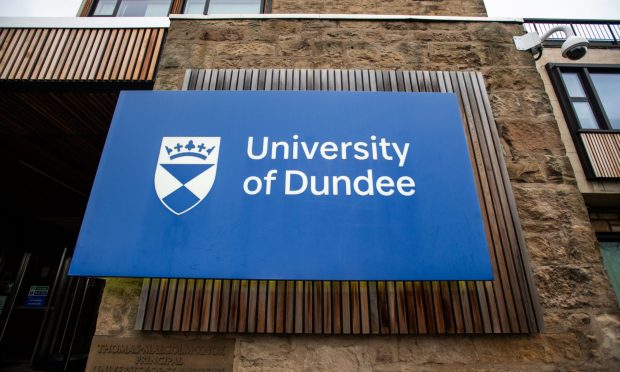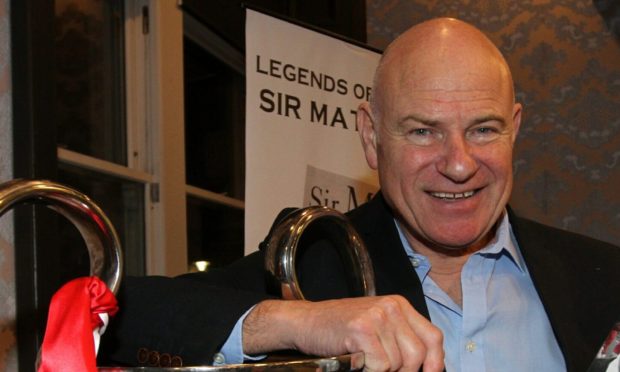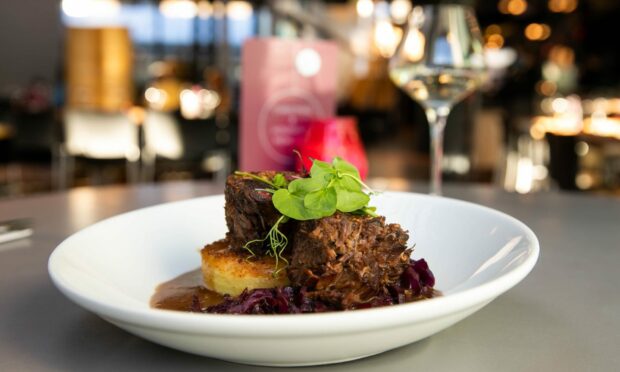Dundee’s cultural renaissance will not be affected by leaving the European Union, it has been revealed.
The construction of the V&A is still to go ahead as planned without any funding cuts as a result of Brexit.
Back in 2012 there were negotiations to secure between £3m and £4m of European Union cash, but there are no plans to apply for any further funding.
A V&A Dundee spokesman said: “The V&A Dundee project does not rely on any funding from European Union sources, and there are no plans to apply for any European funding.
“The outcome of the referendum does not change any of the plans for V&A Dundee, which will open to the public in 2018.”
Meanwhile, it has emerged that the UK’s decision to leave the EU could offer Dundee a major advantage in its bid to become European Capital of Culture 2023.
The vote is not reliant upon membership of the union, with the Norwegian cities of Bergen and Stavanger and the Turkish capital Istanbul among the previous winners.
But the decision of Wales and England to vote decisively for an exit is believed to have torpedoed the chances of all their entrants.
Cardiff has already pulled out in the belief that a win had become politically improbable and the decision is also thought to have materially disadvantaged potential bids from Leeds, Milton Keynes and Birmingham.
The Welsh capital itself voted to remain, but the surrounding area voted decisively to break away from the union.
In an odd quirk of fate, that could leave Dundee, which voted by a majority to remain in the EU, as did Scotland as a whole, in pole position – at least within the UK.
The city already had reason for some positivity, with its bid to become UK City of Culture rejected because it was deemed too far along the road in its cultural development to meet the criteria of that aspirational award.
In addition, it has been strongly indicated prior to the Brexit decision that the title – which is backed by EU money – could be earmarked for a UK winner.
Council leader Ken Guild said: “The Brexit vote should not impact upon Dundee’s bid to become European Capital of Culture.
“Since the start of the competition, the winners have included two cities from Norway and one from Turkey, neither of which country is within the EU.”
Labour councillor Richard McCready added: “It is important that we support the European Capital of Culture bid.
“Even bidding has the potential for major economic benefits for the city and to make it better known around the world.
“There is no reason why we should think we can win.”
Liverpool’s year as European Capital of Culture, in 2008 is said to have earned the city a significant increase in visitor numbers and a multi-million-pound boost to its economy.
Research found that the festival year saw 9.7m people visit the city – an increase of 34% on the previous year – generating £753.8m for the economy.
Glasgow secured the title back in 1990, with that victory credited with playing a major role in the ongoing development of the city’s internationally acclaimed contemporary art, design and music.
San Sebastian in Spain and Wroclaw, Poland, are the current title holders.
